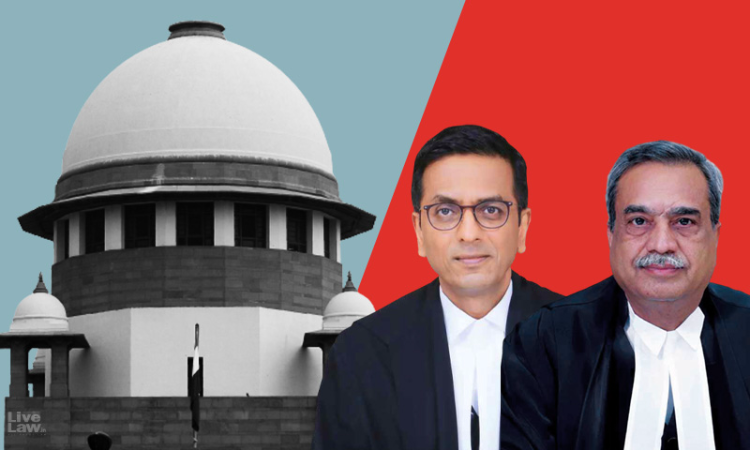Right To Professional Education, Though Not Fundamental Right, Is Not Govt. Largesse; State Has Affirmative Obligation To Facilitate Access At All Levels: SC
Mehal Jain
13 April 2021 8:02 PM IST

"Financial hardship should not prevent the students from getting admission in terms of the allocation which has been made in their favour legitimately under the central pool seats".
Next Story


